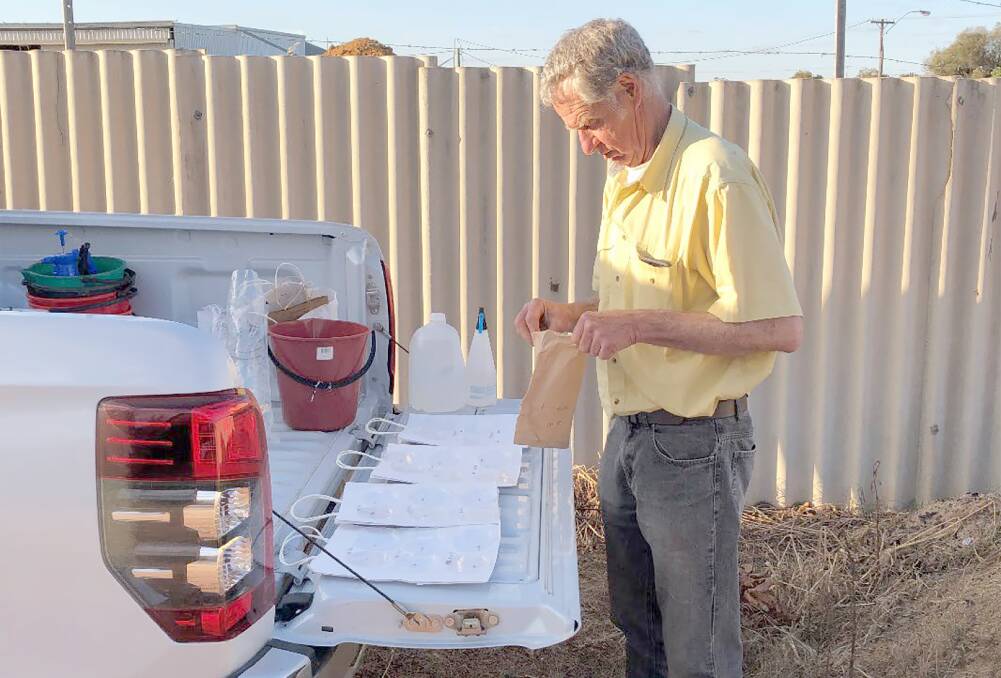
THERE is increasing urgency for agriculture to play an active role as a nature-positive solution to climate change and biodiversity loss, while continuing to provide high quality food and fibre.
Subscribe now for unlimited access to all our agricultural news
across the nation
or signup to continue reading
The South West Catchments Council (SWCC) is part of the Natural Capital Measurement Partner for the Farming for the Future program, which aims to optimise onfarm natural capital for increased resilience and productivity.
- Subscribers have access to download our free app today from the App Store or Google Play
'Natural capital' refers to ecological resources on farms that need to be managed for the benefit of farm businesses, families, and future generations.
It includes pastures, crops, livestock, vegetation and trees, water and soil.
While natural capital underpins core agricultural productivity, it is not consistently measured, monitored or understood as an asset requiring investment.
Farming for the Future is a research and change program which tests the hypothesis that investing in environmental improvements will also lead to increased profitability, business resilience and farmer wellbeing.
It aims to embed natural capital as a factor of production in farm business decision-making.
The program was initiated by the Macdoch Foundation and is supported by other philanthropists and industry partners, including the National Farmers' Federation, Meat & Livestock Australia, Australian Wool Innovation Ltd, and PwC Australia.
As a Natural Capital Measurement Partner, SWCC is visiting participating farms in the region to undertake natural capital ecological assessments which measure ecological integrity, pasture condition and soil condition.
Onfarm ecological data, financial and operational data is combined for detailed analysis by the Farming for the Future team.
A Natural Capital Account and benchmarking report, worth $35,000, is produced for each farm at no cost.
Farming for the Future program director Sue Ogilvy said they were delighted to have the support of the SWCC and other local experts.
OTHER GREAT READS:
"Involving local experts in farm advisory and natural capital measurement is important to make sure that local conditions are incorporated correctly into the research and to ensure that advisory services are available to farmers to help them interpret and apply the research," Dr Ogilvy said.
Data from the about 150 farms included in the first round of the Farming for the Future program will be used to build a pilot benchmarking platform to enable decision making about natural capital investments.
Applied at a national scale, it is hoped that research findings will support the acceleration in adoption of nature-positive practices across the whole agricultural industry.
More information: Go to farmingforthefuture.org.au or contact Nicki Ledger on nicki.ledger@swccnrm.org.au

